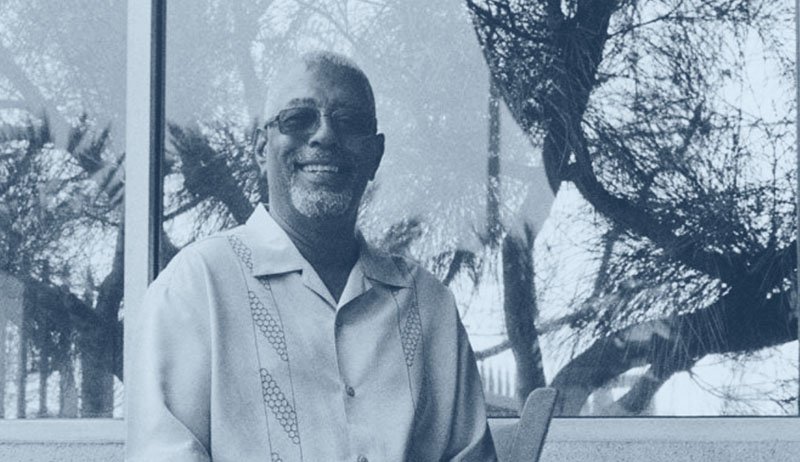Traumatic experiences cause feelings of helplessness, fear, confusion, and anger that exceed one's ability to emotionally cope. Some oral history project topics are more likely to include memories of trauma than others. In some instances interviewees and interviewers are taken by surprise when deeply traumatizing experiences are unexpectedly shared. Mental health professionals are working to better understand how trauma might distort memory. Those who experience dissociation, repression, or suppression following traumatic events can have a combination of especially vivid memories and memory impairment.
Those who listen to memories of trauma may notice its lingering effects as interviewees speak about their experiences. Traumatic memories may not often be discussed, even with close friends or family members. As a result, interviewees can be less practiced telling these stories. They might struggle to find the right words, have difficulty constructing complete sentences, or relate events out of chronological order. The speaker's volume level may abruptly change as they engage or dissociate from their feelings, sometimes still processing the emotional impact of their experiences.
Trigger warning: Please note that the interviews in this section contain descriptions of violence, death, rape, and more. While not visually graphic, the material may be upsetting.
Max Keen
View Item
Max Keen was interviewed as part of the World War II Survivors Oral History Project during the Fall 2001 semester by Evelyne Lussier, a CSUN student. Keen served under General George S. Patton in the Third United States Army as Allied forces advanced into Nazi Germany in the war's final days. In this clip he describes what he saw when liberating a small concentration camp and its impact on him and his fellow soldiers.
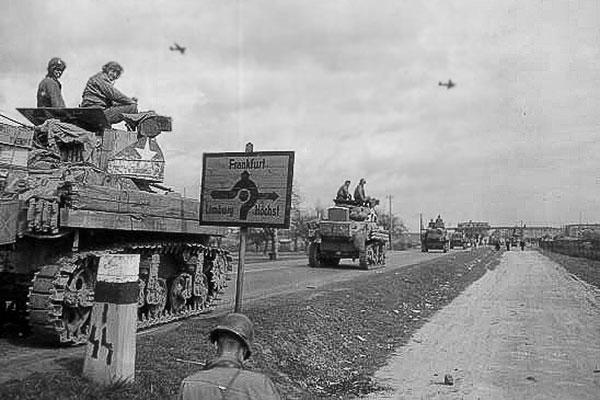
Heddy Shrooler
View Item
An immigrant from Poland, Heddy Shrooler was interviewed for the Cities of Destiny Oral History Project in Spring 1982 by CSUN students Fran Brumen and Trudy Stoltz. Shrooler was 21 years old when the Nazis invaded Poland in 1939, and spent much of the war as a forced laborer. In this clip she describes fleeing from Russian forces after they liberated Poland, being captured, forced to work, and raped before becoming pregnant and having an abortion.
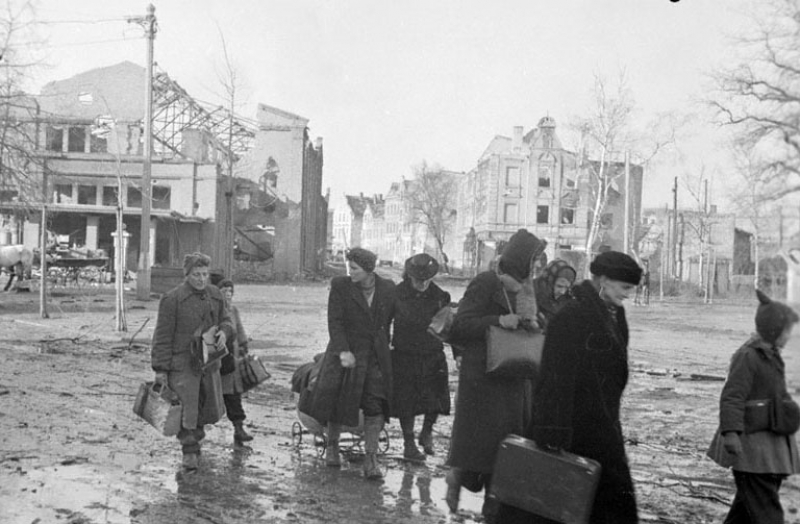
Kent Kirkton
View Item
Kent Kirkton founded the Tom and Ethel Bradley Center at CSUN, and was interviewed by Keith Rice in 2013 as part of the Bradley Center's ongoing oral history work. As a young man, Kirkton enlisted in the U.S. Navy in 1965. He became a medic, and was detached to the Marines in 1968. He deployed to South Vietnam later that year, and discusses his experiences and impressions of the war in this clip.
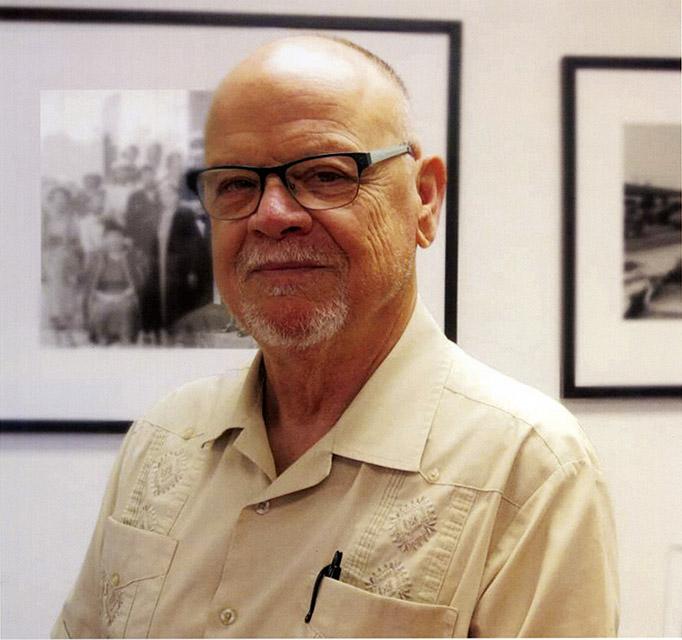
Yvonne Brathwaite Burke
View Item
Yvonne Brathwaite Burke was interviewed by Keith Rice in 2013 as part of the Politics focus in the Bradley Center's African-American Life in Los Angeles oral history project. Burke was the first African-American woman to serve as an elected representative on the west coast of the United States. In this clip, she discusses a childhood memory in which a teacher she was close to lied about a class field trip, leaving Yvonne behind.
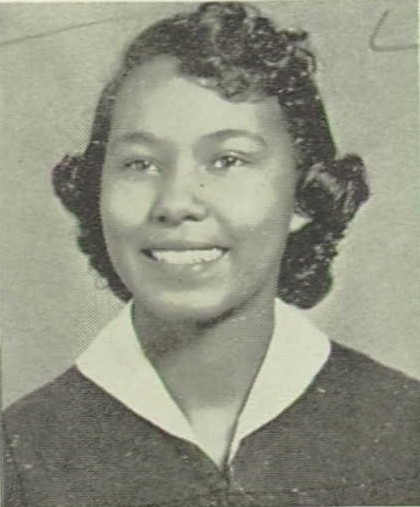
Bernard Arafat
View Item
Bernard Arafat was interviewed in 2020 by Keith Rice and Dr. Karin Stanford as part of the Black Power focus within the Bradley Center's African-American Life in Los Angeles oral history project. Arafat was born in Los Angeles, and joined the Black Panthers as a young adult in the 1970s. In this clip, he recalls his parents' murder/suicide when he was in junior high school.
